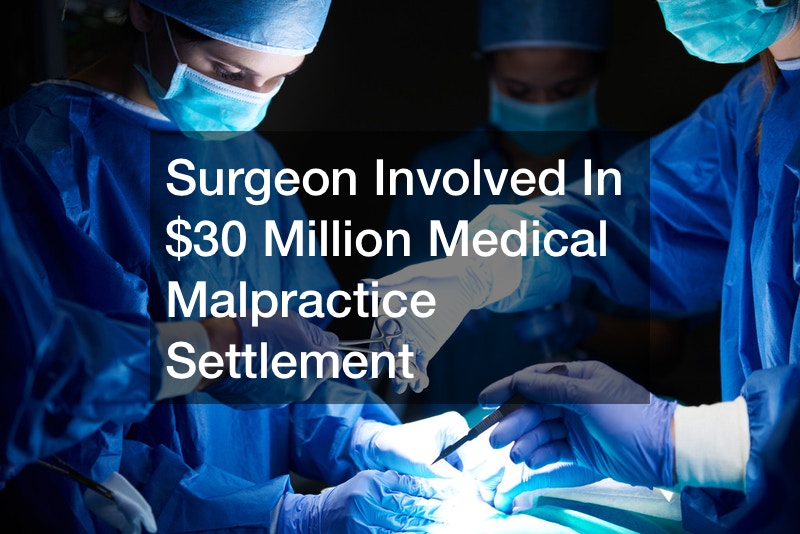New OSHA Report Reveals More Than 10,000 Cases of Severe Work-Related Injuries Across the U.S. in 2015
It seems as if a story of an amputated fingertip ending up in someone’s food pops up once a year. Now, a new study from the Occupational Safety and Health Administration (OSHA) has found that these severe and grotesque injuries are more common than previously thought. According to the Chicago Tribune, a new federal rule […]
